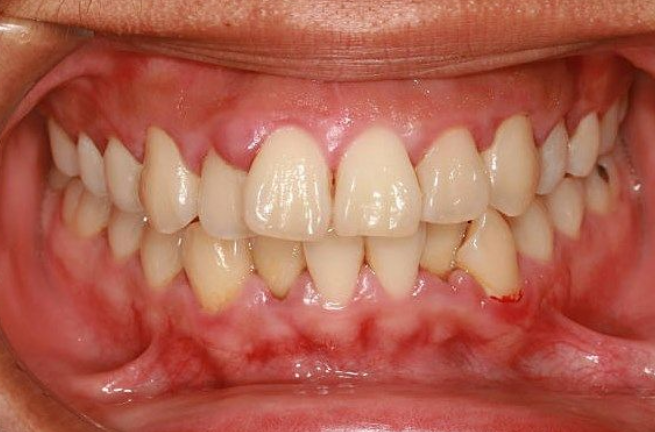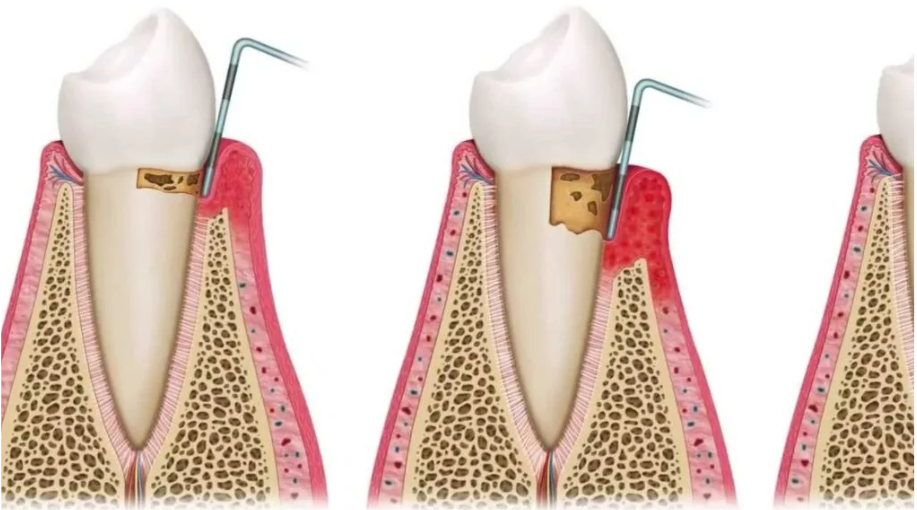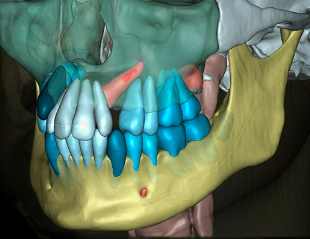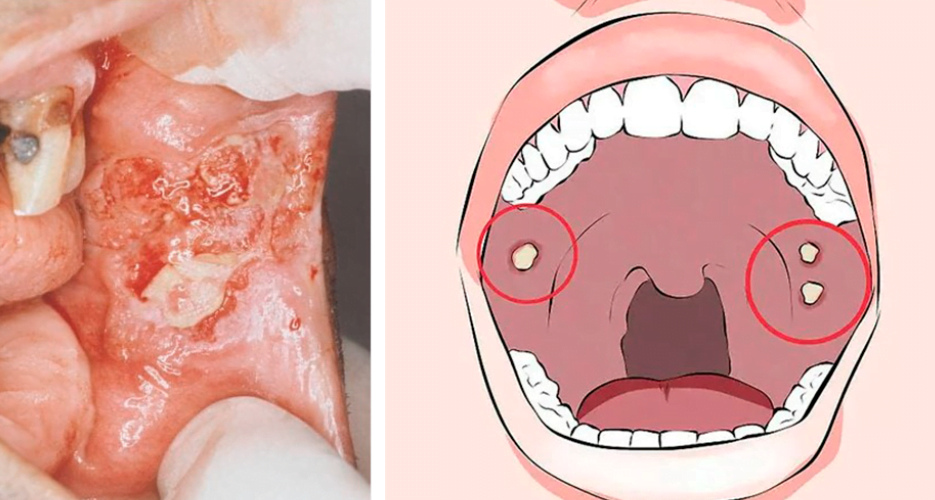The impact of psychological stress on gum diseases
Nowadays, everyone discusses the impact of stress on health. Regrettably, chronic stress can severely compromise even robust health. We believe that comprehensive dental care is impossible without considering other aspects of a patient’s health. Let’s focus on the following aspects:
- Psychological stress and gum diseases:
- Current studies confirm that psychological stress significantly affects gum health due to alterations in immune response and inflammation.
- Dentists should evaluate the psycho-emotional state of their patients, as stress can precipitate conditions like gingivitis, periodontitis, and other periodontal diseases.
- Symptoms and diagnosis:
- Patients under stress may exhibit exacerbated symptoms of gum inflammation, such as bleeding, swelling, and itching.
- Attention to psychosomatic symptoms is crucial. While patients might be oblivious to their stress levels, the repercussions are often evident in their gum health.
- The dentist’s role in patient support:
- If signs of stress are apparent, it is advisable to refer patients to therapists or psychologists for further evaluation and support.
- Engage in conversations with patients about the significance of psycho-emotional well-being and its direct correlation to gum health.
- Prevention and treatment:
- Remember that gum care extends beyond oral hygiene and is an integral part of the patient’s overall health.
- Incorporate questions regarding stress levels and emotional state into the medical history.
More details about the research
In the summer of 2018, the EuroPerio9 Dental Congress was held in Amsterdam, where Dr. Jungo demonstrated the role of stress in the development of aggressive forms of periodontitis.
It is important to note that previous research in this field had only established an indirect link between stress and periodontitis. The scientific community found such evidence to be inconclusive, prompting further investigation which yielded significant findings.
Dr. Sebastien Jungo’s research aimed to determine the relationship between aggressive and chronic forms of periodontitis and specific psychological traits of patients, as well as to identify those at risk. The study included over 70 patients diagnosed with various forms of periodontitis.
Each patient underwent a comprehensive dental examination to assess the pathology, size, condition, and contents of the gum pockets. Additionally, the patients completed a questionnaire to evaluate psychological traits, and the researchers attempted to gauge each patient’s stress level.
The data analysis revealed that the development of deep gum pockets is linked to the patients’ psychological vulnerability, irrespective of the periodontitis type. However, in cases of aggressive periodontitis, stress played a particularly significant role..
As of now, the precise nature of the relationship and the mechanisms by which stress influences aggressive forms of periodontitis remain unclear. Further research is essential to substantiate such assertions. However, current evidence suggests that the management of stress and its effects should be integrated into a holistic treatment approach for gum disease, particularly in cases of aggressive periodontitis.
Let us be diligent and compassionate dentists, aiding our patients in preserving both their dental health and mental well-being!














